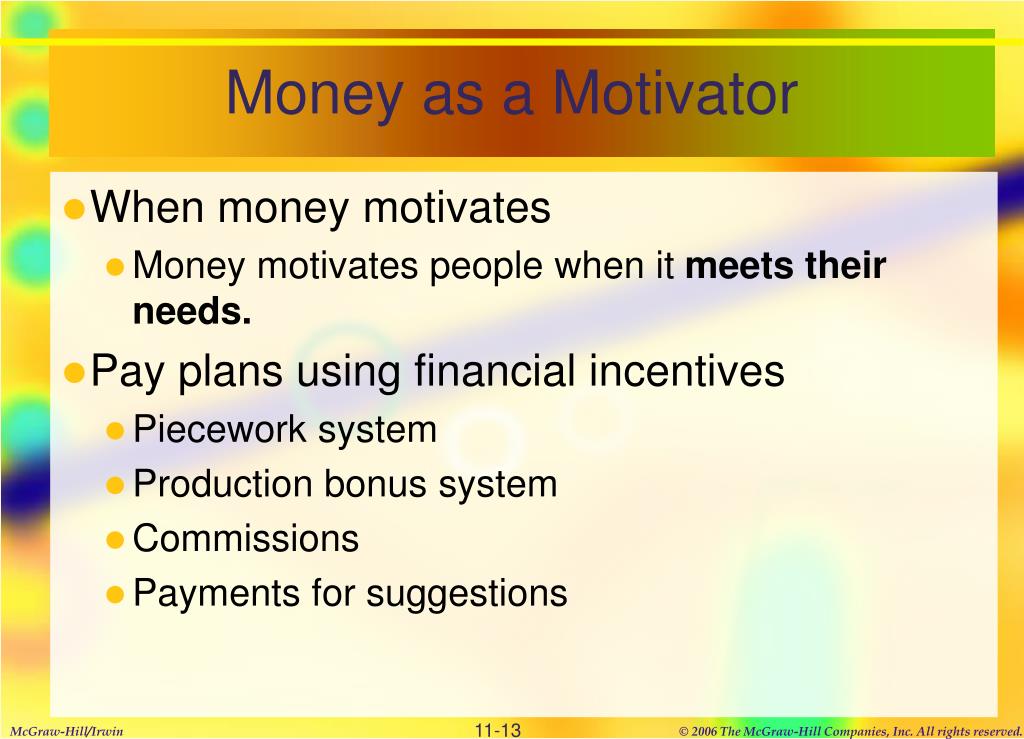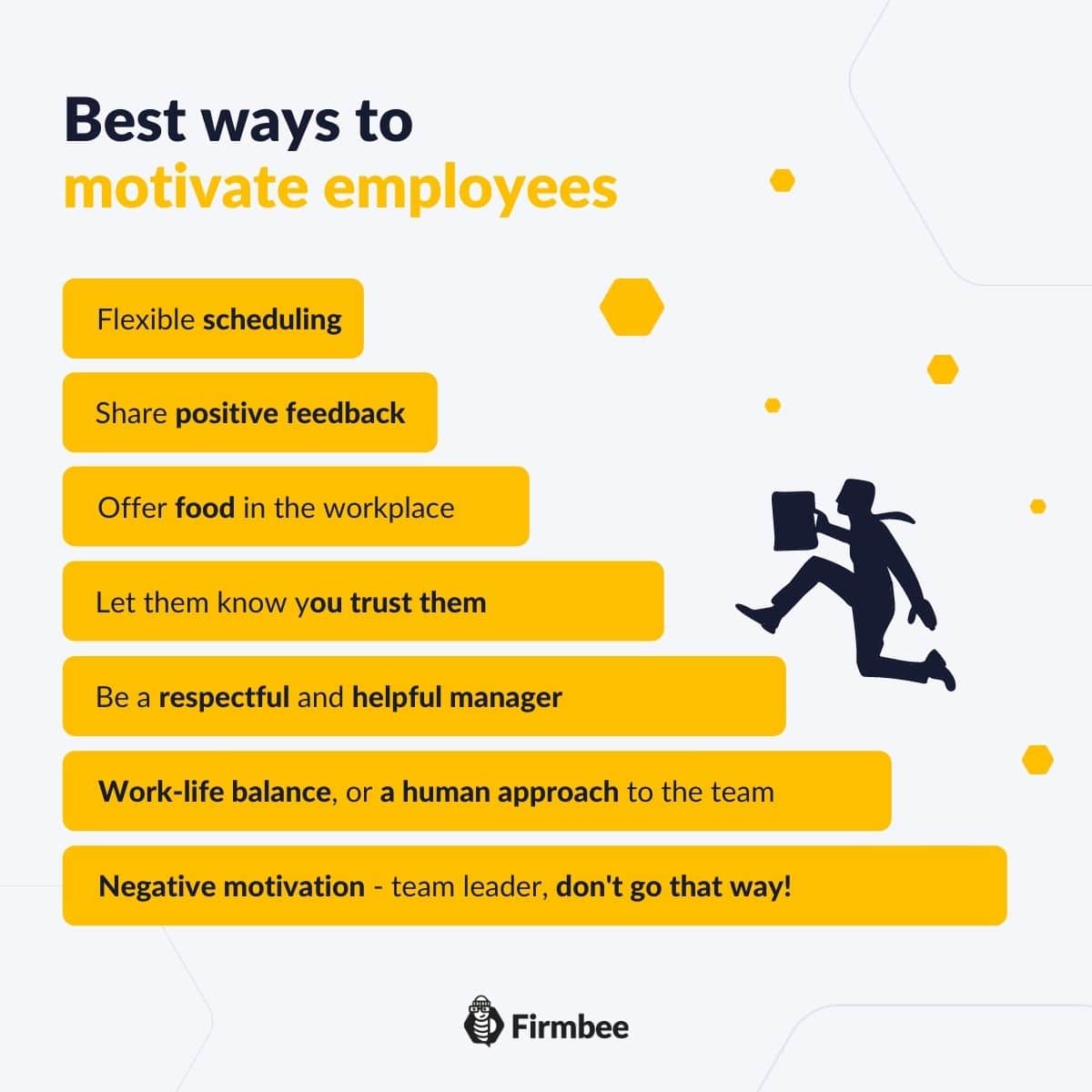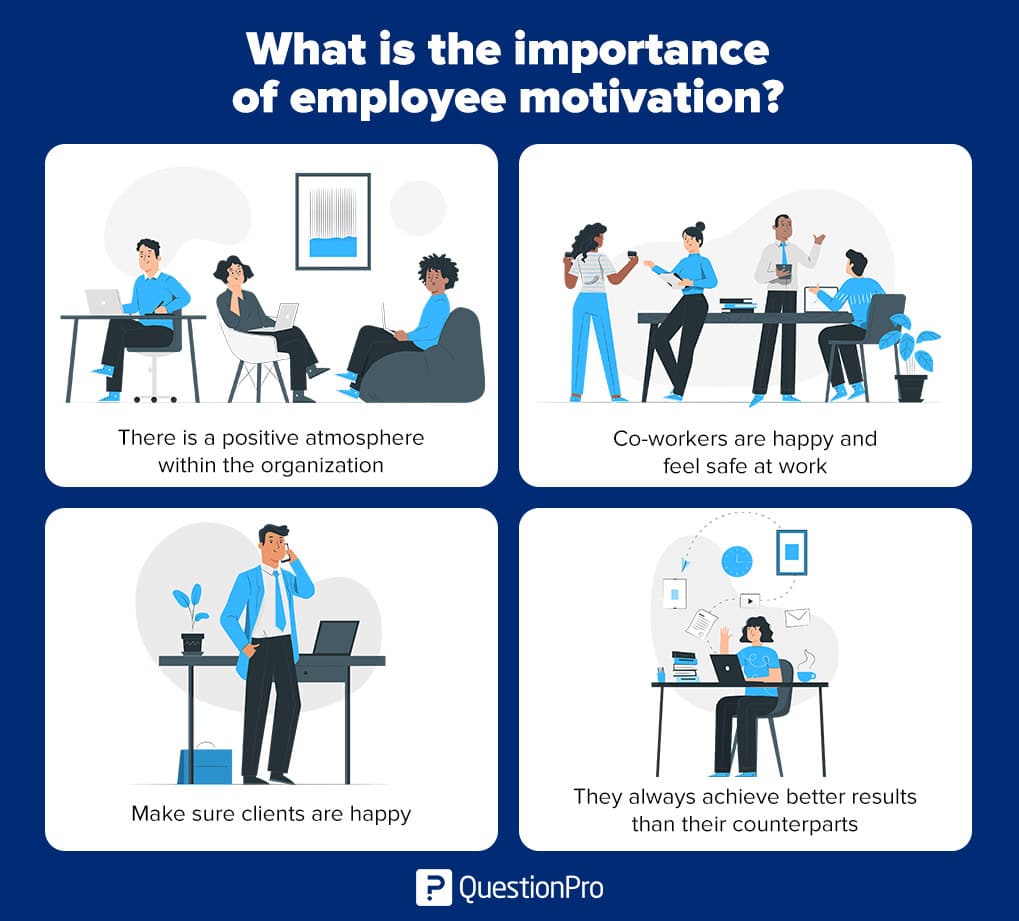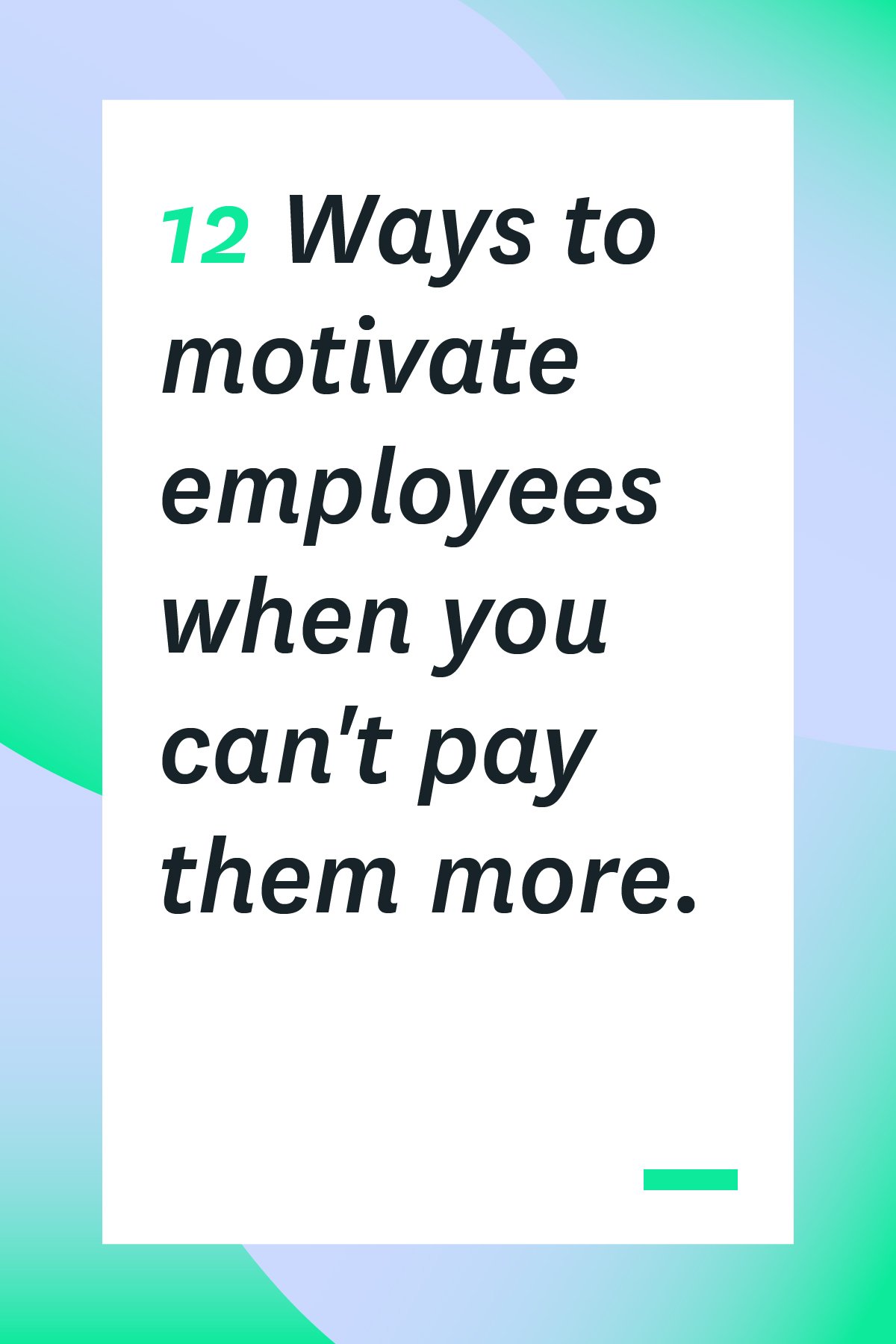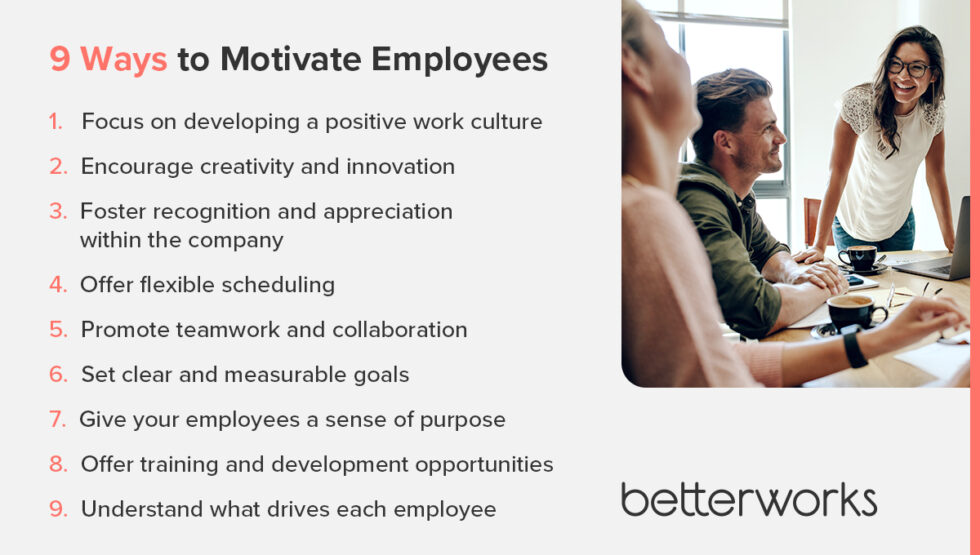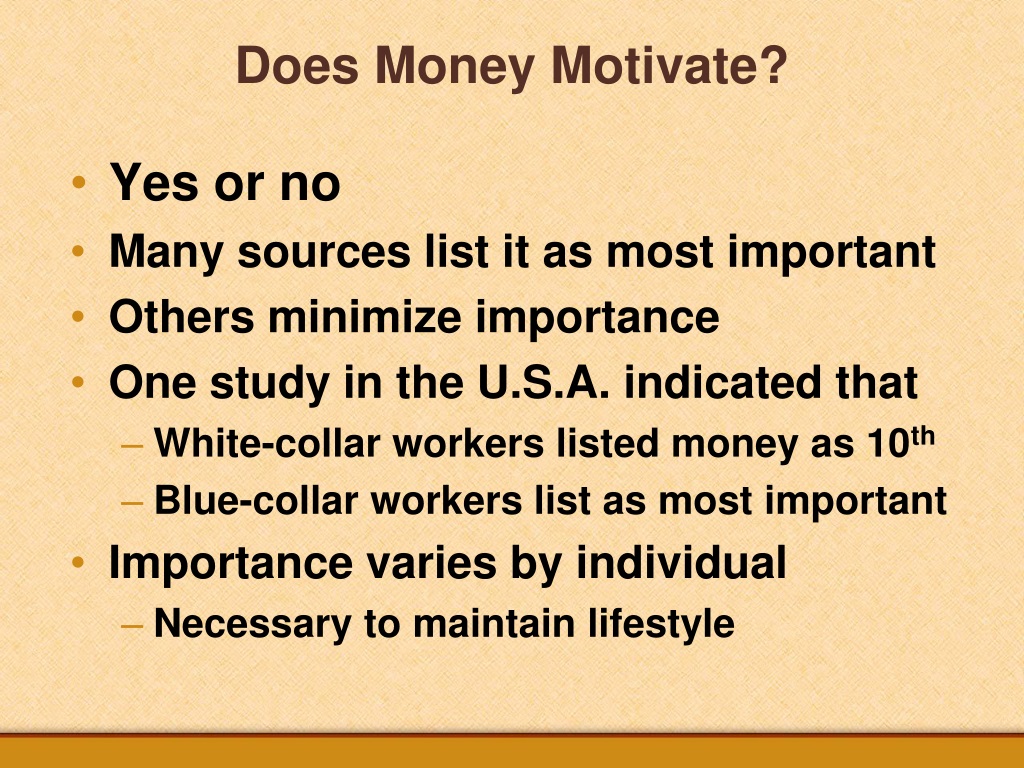Does Money Motivate Employees Why Or Why Not
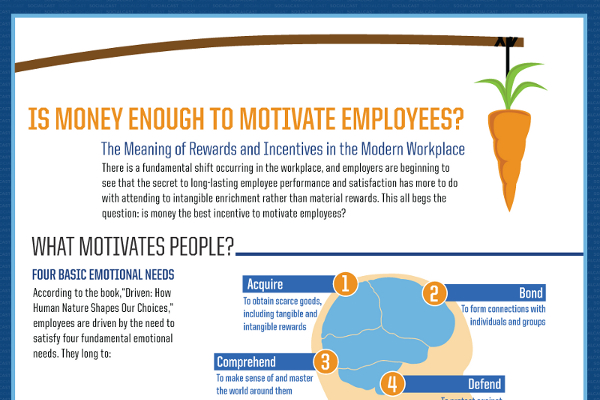
Employee motivation remains a hotly debated topic in the business world. Does a bigger paycheck automatically translate to a more productive and engaged workforce? The answer, as research suggests, is more nuanced than a simple yes or no.
This article dives into the complex relationship between monetary compensation and employee motivation. It explores whether money is the ultimate driver or if other factors play a more significant role in creating a truly motivated and effective team.
The Carrot and Stick Approach: Does It Still Work?
For decades, the prevailing management theory centered on the "carrot and stick" approach. The idea was simple: offer financial rewards for good performance (the carrot) and impose penalties for poor performance (the stick).
However, studies are increasingly showing the limitations of this purely transactional approach. Daniel Pink, author of "Drive," argues that extrinsic motivators like money work well for routine, algorithmic tasks but can actually stifle creativity and innovation in more complex roles.
He suggests that intrinsic motivation, fueled by autonomy, mastery, and purpose, is far more effective in the long run.
Money as a Hygiene Factor
Consider the two-factor theory of Frederick Herzberg. It positions salary as a "hygiene factor." Meaning it's something that, if inadequate, can lead to dissatisfaction and demotivation.
However, simply increasing salary beyond a certain point does not necessarily lead to increased motivation. It only prevents dissatisfaction.
Essentially, adequate compensation is a baseline requirement. It's not the ultimate motivator but the floor that helps maintain employee satisfaction.
Beyond the Paycheck: What Really Drives Employees?
According to a Gallup poll, only 15% of employees worldwide are engaged at work. This highlights that monetary compensation alone isn't enough to foster a passionate and committed workforce.
So, what else matters? Opportunity for growth, recognition, feeling valued, and a sense of purpose are crucial factors.
Employees want to feel like their work contributes to something bigger than themselves. They value opportunities for professional development and recognition for their contributions.
The Impact of Transparency and Fairness
Perceived fairness in compensation is just as important, if not more so, than the actual amount. Employees need to feel they are being paid fairly compared to their peers and the market rate for their skills and experience.
Lack of transparency in compensation practices can breed resentment and distrust. This can significantly demotivate even high-earning employees.
Companies are increasingly adopting transparent pay scales and actively communicating their compensation philosophy to address these concerns.
Moving Forward: A Holistic Approach to Motivation
The evidence suggests that money is a necessary but not sufficient condition for employee motivation. A truly engaged workforce requires a holistic approach that considers both extrinsic and intrinsic factors.
Businesses need to focus on creating a supportive and empowering work environment. This includes fair compensation, opportunities for growth, recognition, and a clear sense of purpose.
Companies are now exploring more innovative strategies, such as offering flexible work arrangements, investing in employee well-being programs, and fostering a culture of continuous feedback and recognition.
The debate on money and motivation is ongoing, and the optimal approach will vary depending on the industry, company culture, and individual employee needs. What remains clear is that a solely monetary-focused approach is no longer enough to attract and retain top talent in today's competitive job market. Companies that prioritize a more comprehensive and employee-centric approach are likely to reap the rewards of a more engaged, productive, and loyal workforce.




